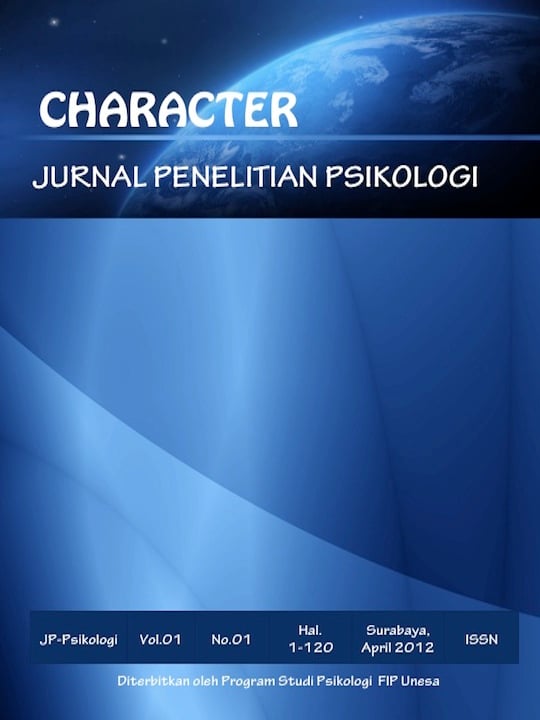An Overview of Self Maturity of Cheating Husbands: A Case Study
DOI:
https://doi.org/10.26740/cjpp.v9i1.44717Abstract
Abstract
The self-maturity of the husband is essential to creating a healthy and prosperous family. The absence of the husband's self-maturity can lead to infidelity which can affect the partner, family, and environment both physically and mentally. This study aims to provide an overview of the self-maturity of cheating husbands. The discussion uses a qualitative method with a case study approach. The informants of this study are five male informants who are married and have extramarital affairs. The data collection technique method uses semi-structured interviews, and the data is processed using thematic analysis to explore and find out the meaning that appears in the experience of the informants. The validity test of the data uses time triangulation to see the suitability of the finding of the study. The study finds the overview of self-maturity of cheating husbands generally tend to think irrationally, have difficulty controlling themselves, and lack close relationships with their wives. The internal and external factors contribute to the affairs of the five male informants.
Downloads
Published
How to Cite
Issue
Section
License
Authors who publish in this journal agree to the following terms:
Copyright in any article is held by the author.
The author grants the journal, publication rights with the work simultaneously licensed under a Creative Commons Attribution License that allows others to share the work with an acknowledgment of the work's authorship and initial publication in this journal.
Authors may enter into separate, additional contractual arrangements for the non-exclusive distribution of the journal's published version of the work (e.g., posting it to an institutional repository or publishing it in a book), with an acknowledgment of its initial publication in this journal.
Authors are permitted and encouraged to post their work online (e.g., in an institutional repository or on their website) prior to and during the submission process, as this can lead to productive exchanges, as well as earlier and greater citation of published work.
 Abstract views: 231
Abstract views: 231





